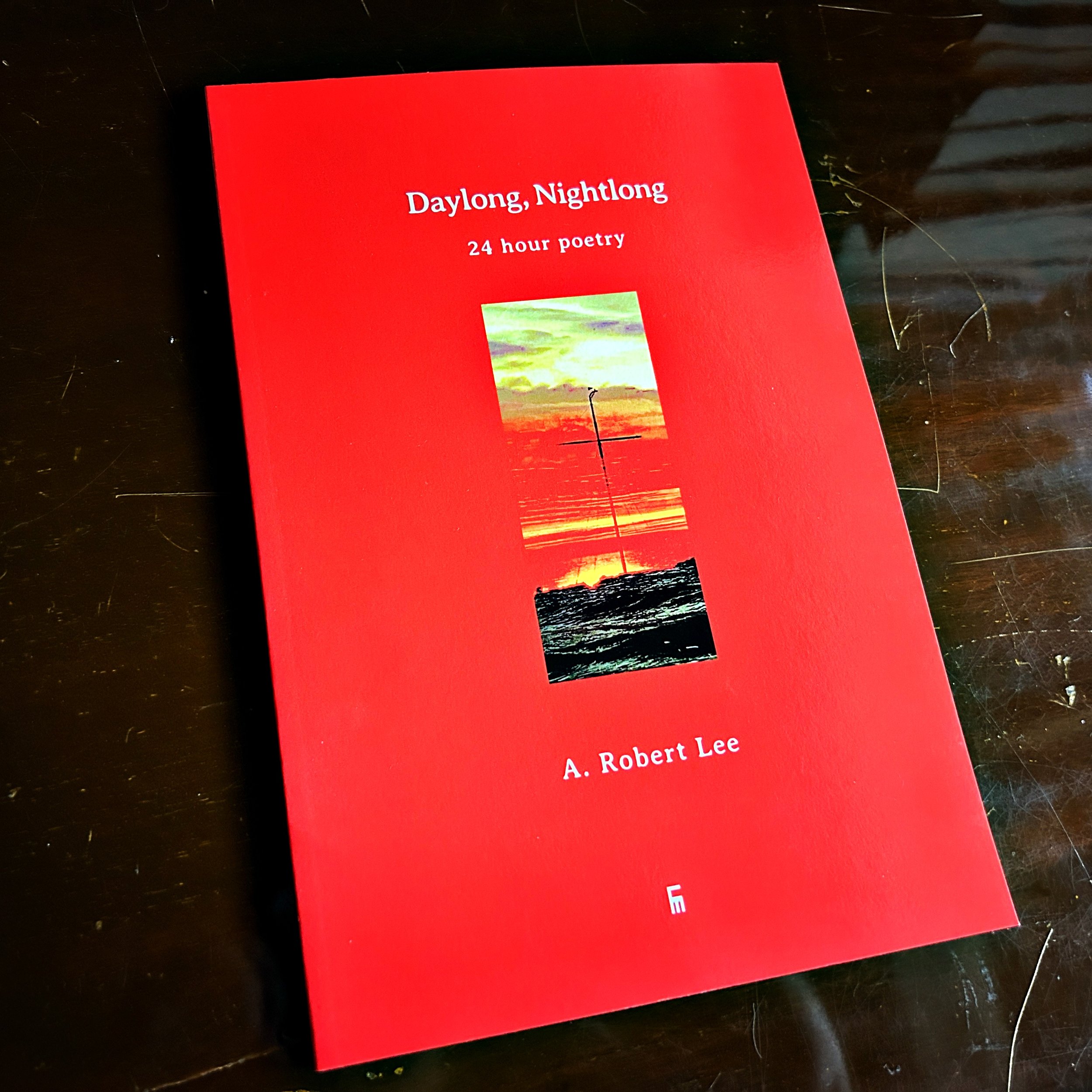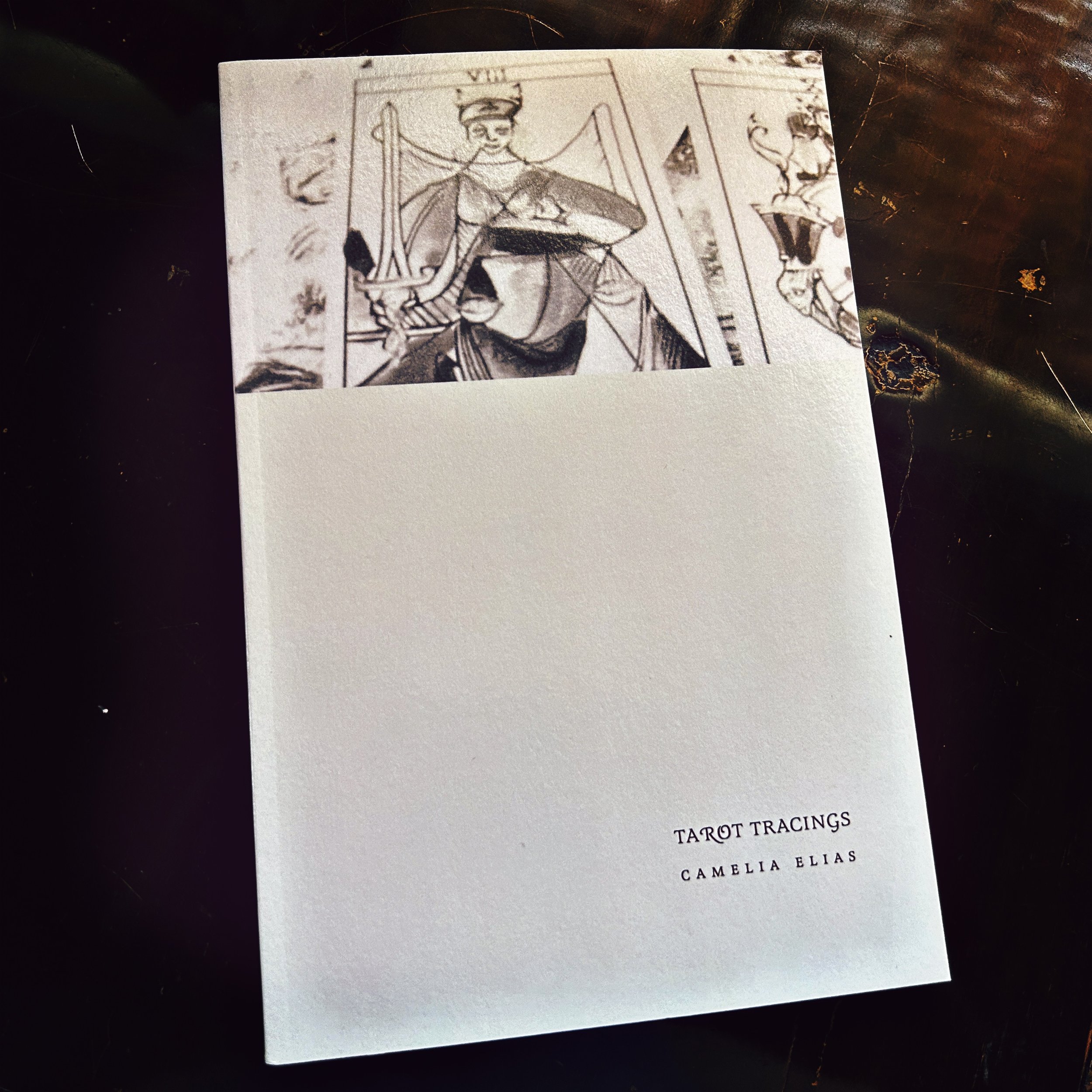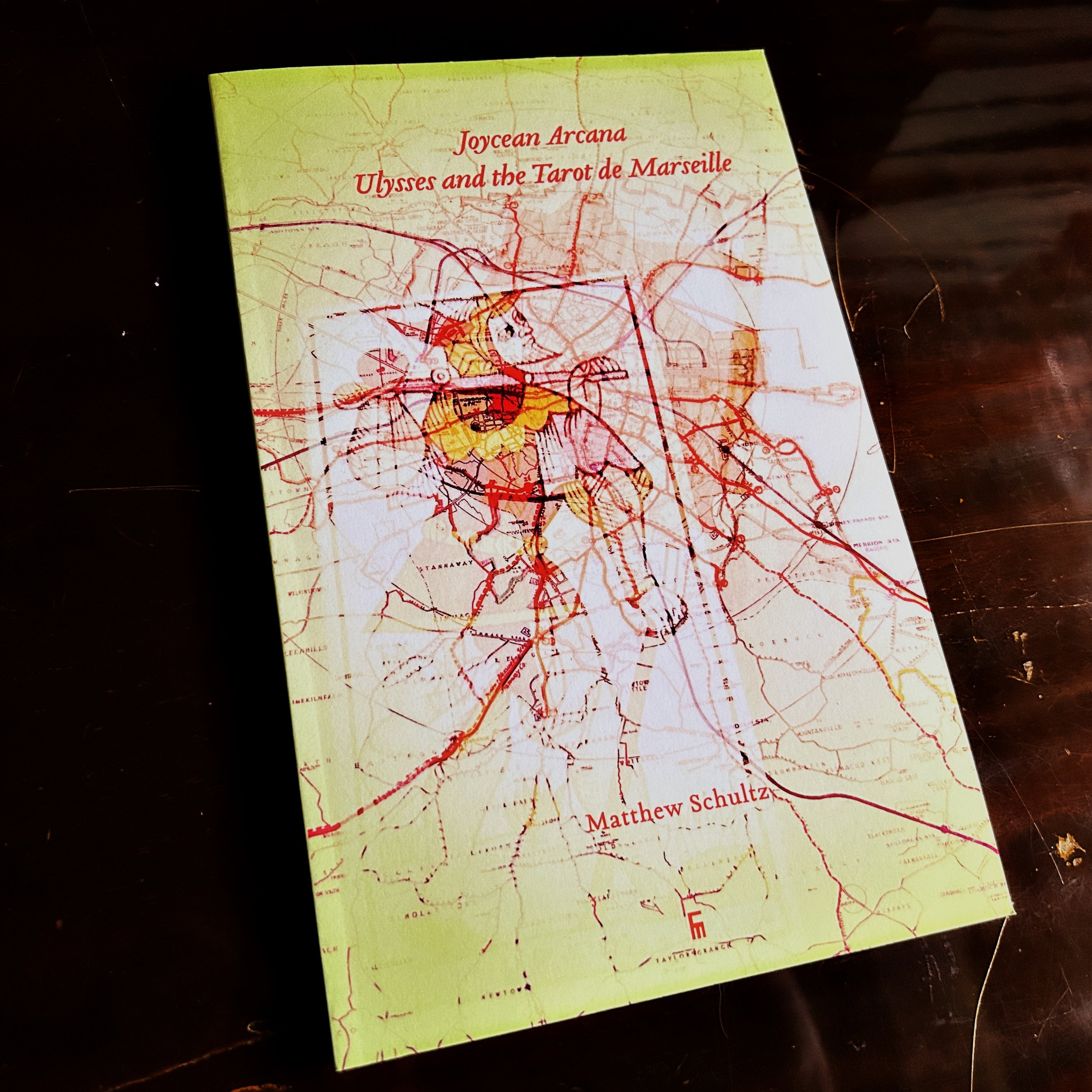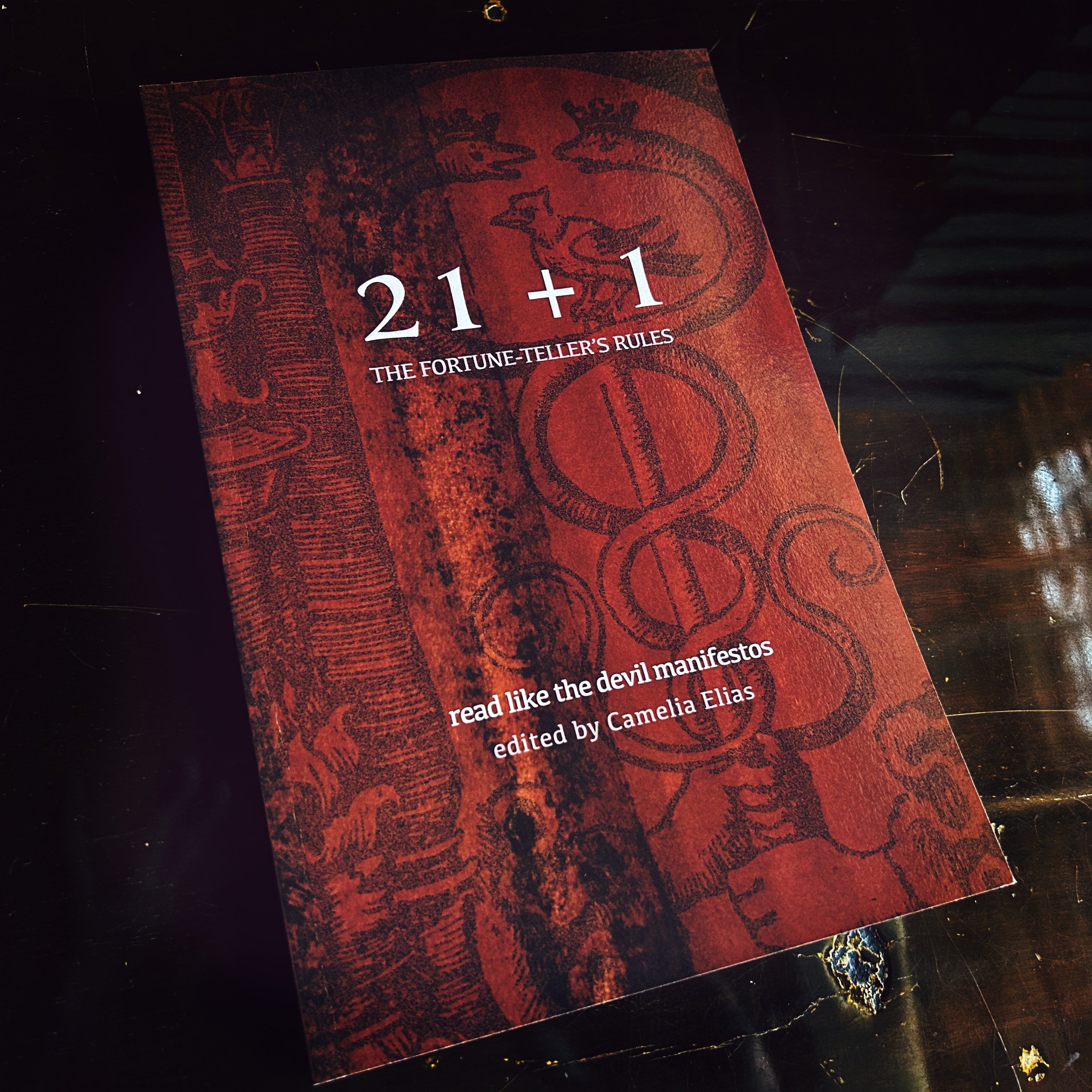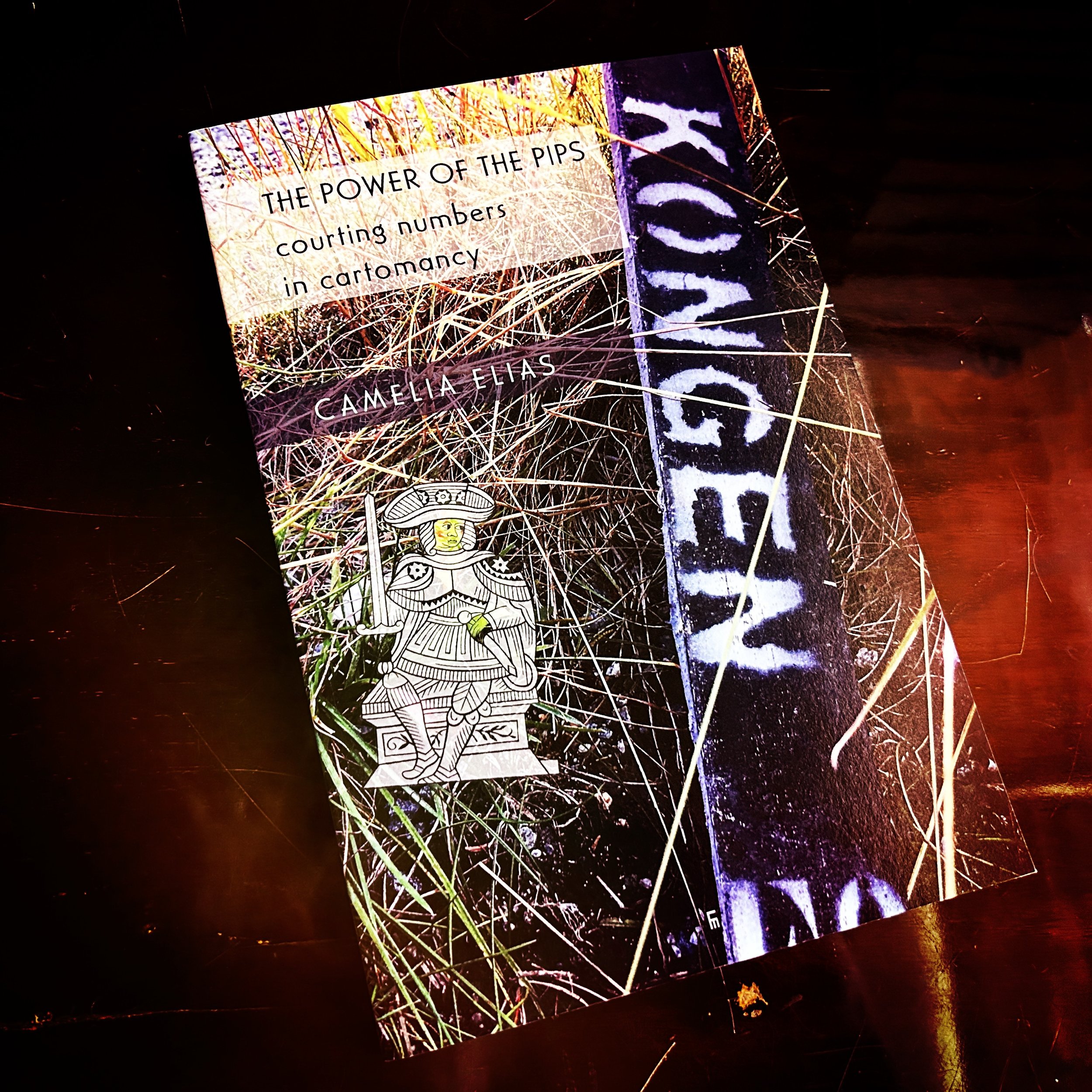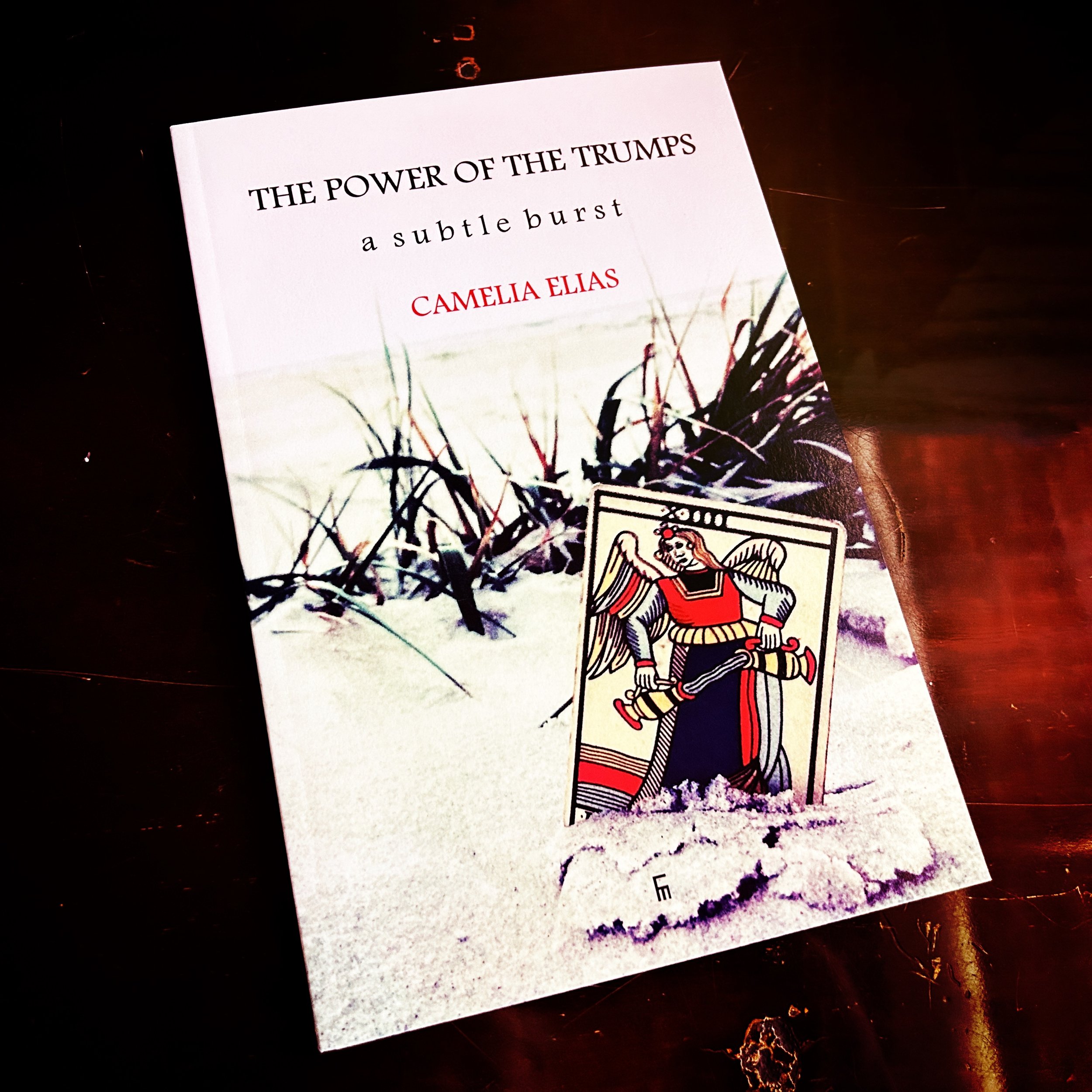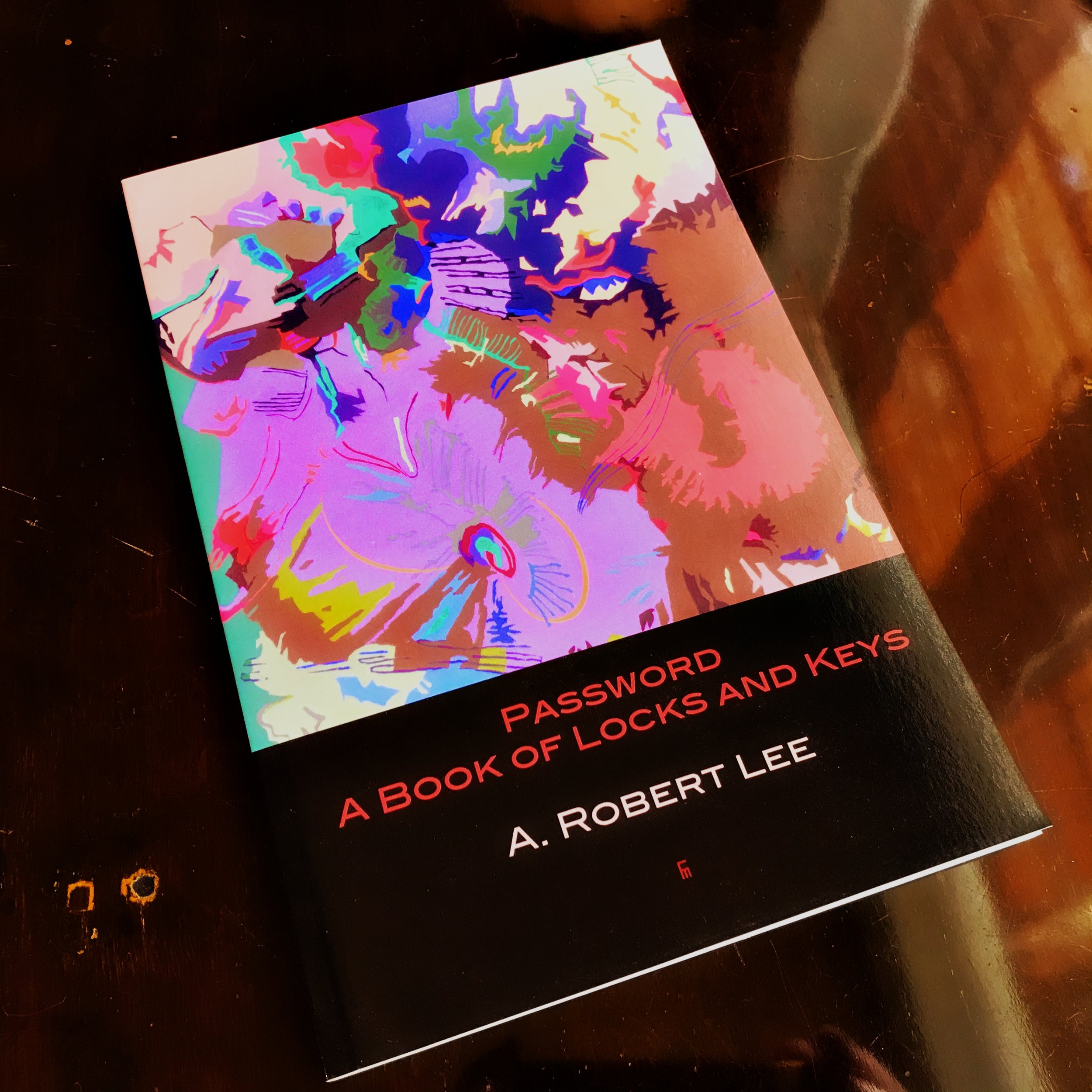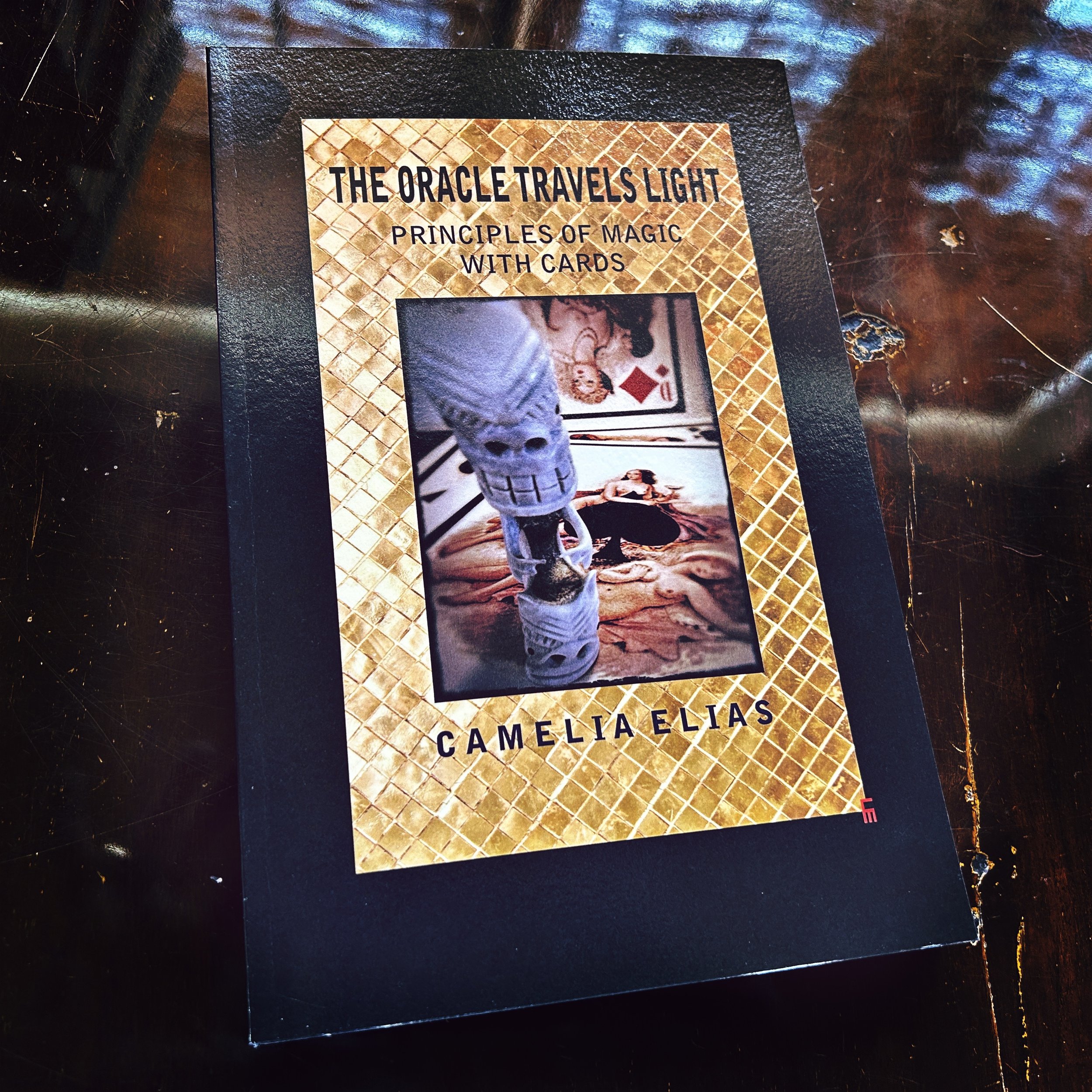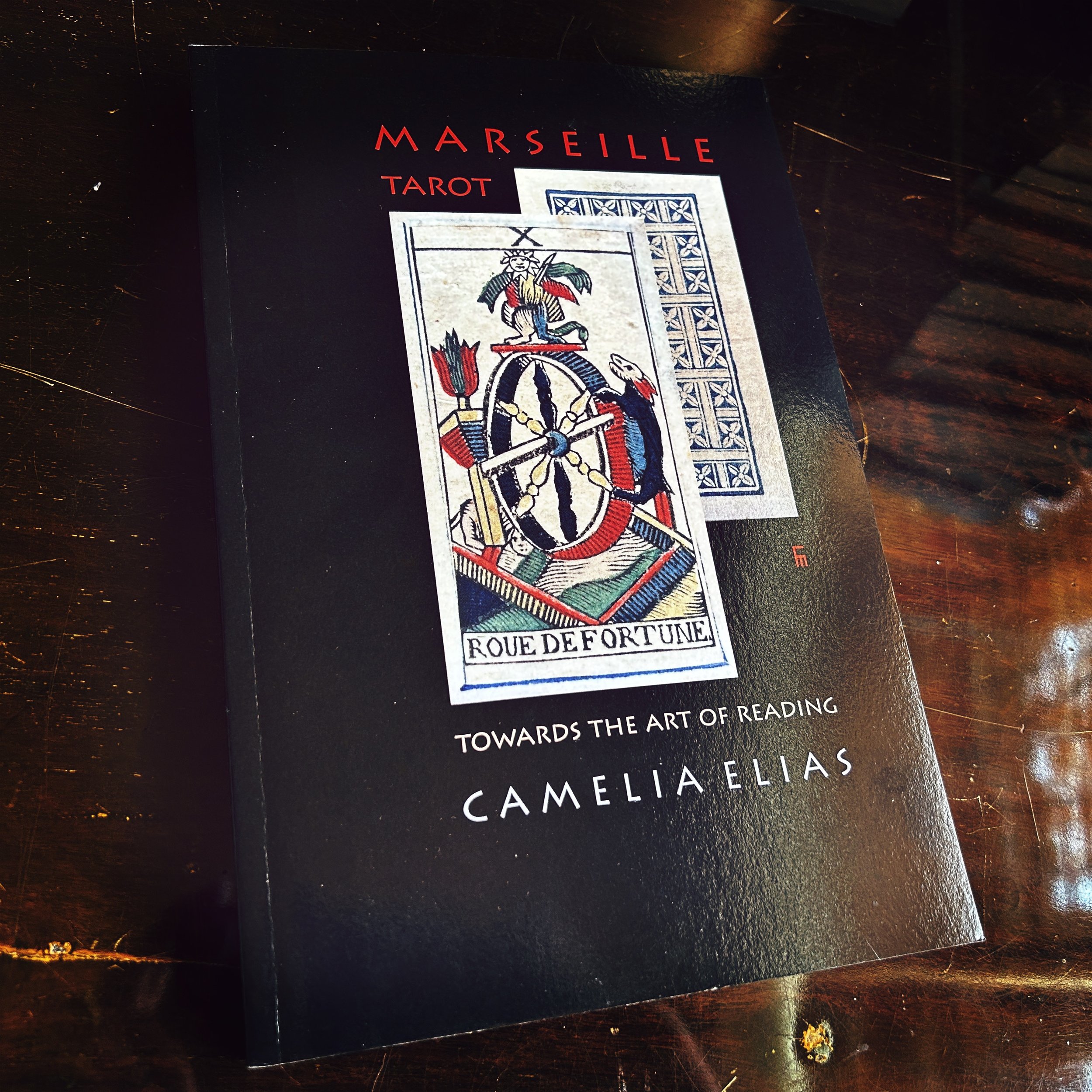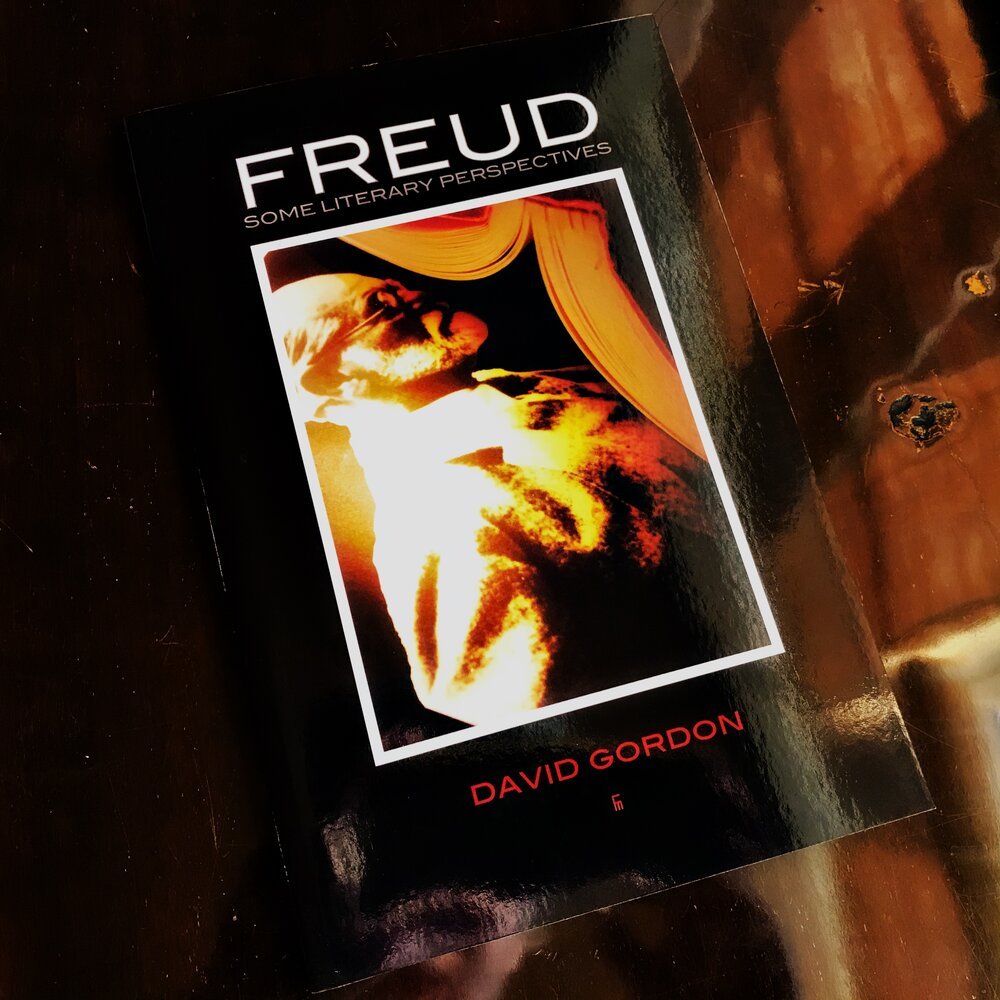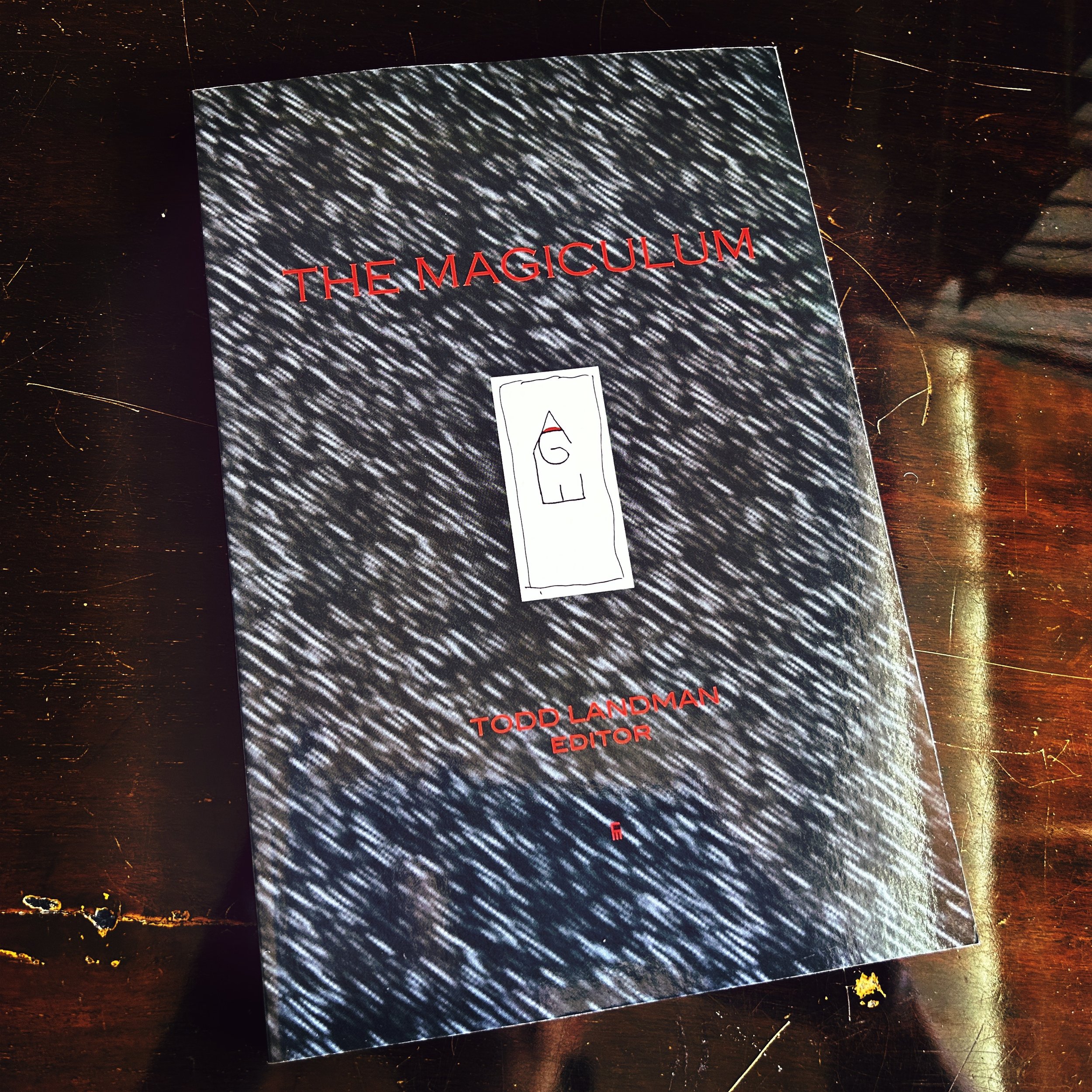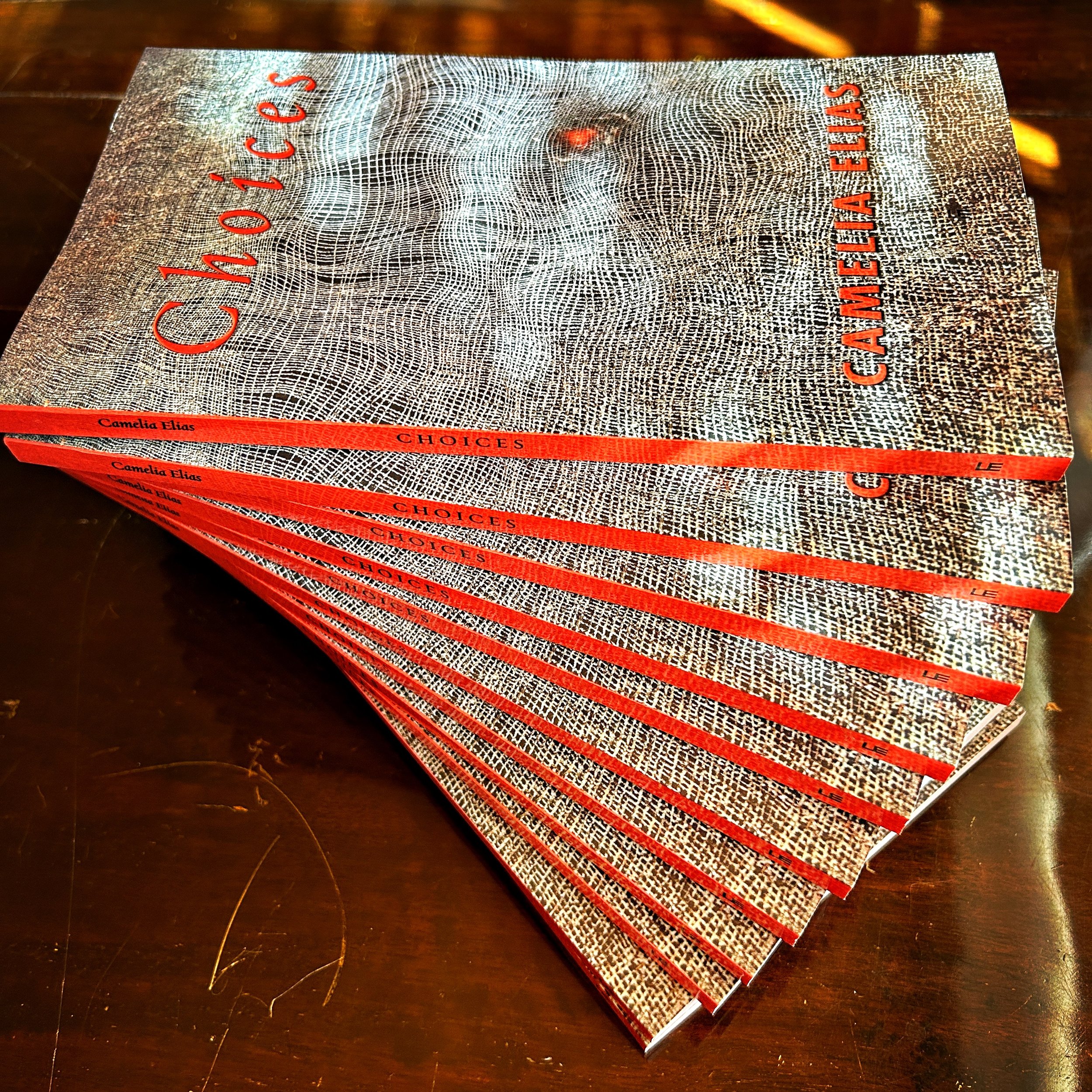
CATALOGUE
IF YOU REALLY LOVE ME
If You Really Love Me, Throw Me Off the Mountain is a memoir of love and adventure. It tells of one very whole woman’s experience of being disabled in a world that cannot imagine her being anything other than broken.
BEING BESIDES MYSELF
A book of fragments and prose poetry celebrating what mothers try to pass on to their children: a sense of how to be grateful for the experiences in life that can be said to be not only beautiful but also significant in form.
DAYLONG, NIGHTLONG
This book offers a species of hybrid text, part miniature literary biographies, part figuration and metaphor.
FRACTURED ECOLOGIES
Fractured Ecologies participates in environmental praxis through literary practice. How does experimental writing contribute to the ways we think about ecology? This collection of papers, bent essays, and playful poetic impressions positions marginal aesthetic forms front and center.
TAROT TRACINGS
A book written for the curious reader who might like to know what some of the greatest literary figures in Western literature are up to when they read the Tarot, or use divination as inspiration for their work. Italo Calvino, Robert Browning, W.B. Yeats, and Rachel Pollack gather in a concatenation of voices across the page; voices that the author traces as if using transparent paper, a good ink pen, and an occasional draw with the Tarot cards for the idea that baffles, or the philosophy that resists the gratuitous.
JOYCEAN ARCANA
In Joycean Arcana: Ulysses and the Tarot de Marseille, Dr. Matthew Schultz proposes a new framework for exploring the complex characters and relationships in James Joyce’s Ulysses. By situating Joyce within the wider circles of occult modernism, Schultz builds upon the widely-accepted Homeric framework of Ulysses to show how the Odyssey as both a divinatory tool and an allegory for the journey of the soul may further illuminate Joyce’s 20th-century masterwork.
AGGER: BORROWED MEMORIES
This bi-lingual book tells the story of an encounter with a place, Agger, on the West Coast of Denmark. After more than 20 years of visiting and of developing intimate relationships with the place, the author moved here to embark on a post-academic career, and to explore the sea.
WRITER DIRECTORY
This book offers a species of hybrid text, part miniature literary biographies, part figuration and metaphor.
ARCADES TAROT: HAIKU POEMS
This book explores the possibility to fit the essence of six Tarot cards to the constricted structure of the haiku poem. The result is a beautiful economy of thought and image.
WHAT IS NOT: MARSEILLE TAROT À LA CARTE
This book is for all the diviners who want to hear what else we can do with the Tarot cards other than what a particular school or tradition prescribes. It’s a treat à la carte for all the diviners who ever felt burnt out, after having served the same dish over and over to people.
21+1 FORTUNETELLER’S RULES
This is a collection of essays that gathers the voices of both reputed veteran and young cartomancers. The book captures the heart of cartomancy through 21+1 snappy rules, delivered with martial arts aplomb in the form of manifestos.
POINTS OF INTERSECTION
The essays and shorter pieces in this collection treat writers of the Beat Generation, together with certain of their allies and ancestors. Authors whose works are considered include Jack Kerouac, Allen Ginsberg, Gregory Corso and Bob Kaufman, as well as Fitz Hugh Ludlow, James S. Lee and Ken Nordine. A theme seen implicitly to be linking these authors is their common yearning for utopian harmony and mystical transcendence, a desire that drives their vocation as pilgrims to elsewhere.
THE POWER OF THE PIPS
The Power of the Pips looks at how the pip cards embody connection, from creating coherence to burning bridges. The principal questions asked are these: how logical is the function of each card? How do we see context creating meaning in accordance with function and common sense? When are the pip cards syntactic markers, such as a full stop, a comma, or an adverb?
THE POWER OF THE TRUMPS
This book is a version of the transcript of eight video recorded lectures. It draws on the practice of divination in the context of storytelling and Zen philosophy.
INVENTED FUTURES
Is fiction stranger than life? Perhaps not. Two cultural theorists with a collection of 19th century drawings that depict an imagined future look at how these visual fantasies of oracular and predictive character have come to pass.
THE ORACLE TRAVELS LIGHT
This book depicts manifestations of folk magic, black magic, and practical magic as courage and everyday wisdom, and it demonstrates how reading cards can entice us to concrete magical action.
MARSEILLE TAROT
This book is about the art of reading the image, semiotics, and the poetics of cartomancy. Camelia Elias offers an introduction to the Marseille Tarot cards combined with readings of the cards in context. For each description there’s an interpretation that combines the cunning-folk method of reading the cards – based on making logical inferences about the meaning of the cards – and the visual argument method, which relies on the subjective and individual art of perceiving. The book also features full-length readings, based on real-life tarot consultations.
FREUD: LITERARY PERSPECTIVES
Gordon’s nine essays explore the literary reception of Freud in various contexts. They study the connection of his psychoanalysis to: the concepts of tragedy and comedy; to literary criticism as represented by Harold Bloom; the cognitive challenge of his (and Darwin’s) major theories; the competition between his concept of depth and that of certain novelists; the concept of memory illustrated in Proust and cognitive neuroscience; the imagining of one’s own death represented by post-Enlightenment poetry; the interpretation of “Hamlet”; Nietzsche’s idea of “the good European”; and, finally, to what a cultural perspective can contribute in assessing the value of psychoanalysis today.
THE MAGICULUM
This collection of essays has been written by magicians who really care about magic. Having discovered magic at a young age, they have allowed it to mature alongside their intellectual and practical formation. They contemplate different dimensions of magic and how they relate to it. Their stories and reflections reveal remarkable similarities in the themes that they address: Magic as power. Magic as escape. Magic as protection. Magic as play. Magic as medium. Magic as unknowable. Magic as symbol. Magic as language. Magic as incomplete.



